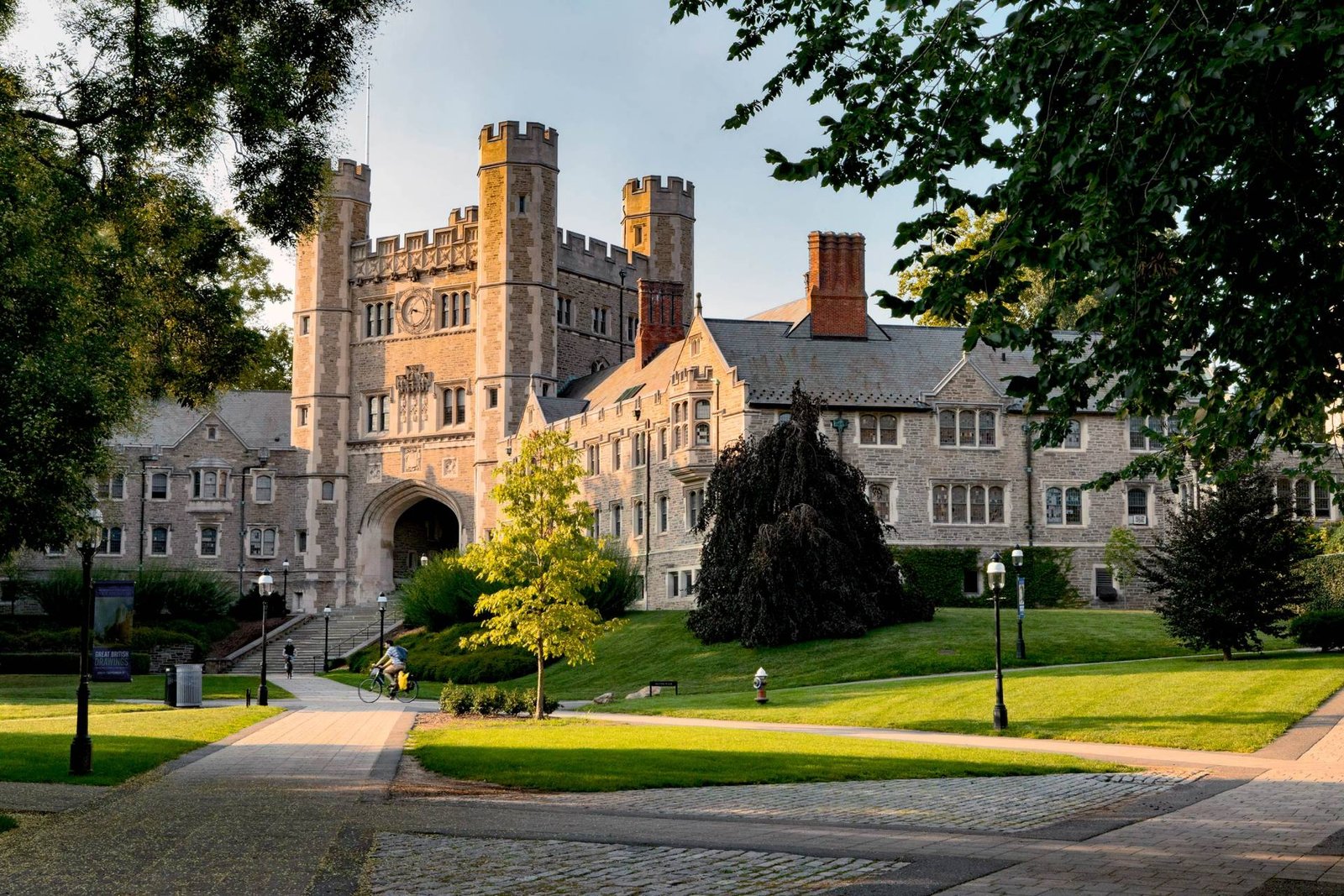Let’s find out what career choices you are able to study at Universities or Colleges if you chose Civil Technology with Pure Mathematics Grade 10 -12 subjects.
Careers for Civil Technology with Pure Mathematics Subject Choice: Study Options
Keen to explore the career possibilities that emerge from combining Civil Technology with Pure Mathematics?
In South African high schools, selecting Civil Technology along with Pure Mathematics for Grades 10 to 12 lays a strong foundation for careers in construction, engineering, and related fields. This combination is highly beneficial for careers that require an understanding of construction principles and materials, coupled with strong mathematical and analytical skills. Let’s explore some of the career paths enabled by this combination and suggest additional subjects that could complement your studies for these careers.
1. Civil Engineering
- Overview: Focuses on the design, construction, and maintenance of infrastructure like roads, bridges, buildings, and water supply systems.
- Recommended Additional Subject: Physical Sciences, to deepen your understanding of physics and material science.
- Institutions: Notable universities include the University of Cape Town, the University of the Witwatersrand, and Stellenbosch University.
2. Construction Management
- Overview: Involves planning, coordinating, budgeting, and supervising construction projects from start to finish.
- Recommended Additional Subject: Business Studies, for insights into management, finance, and project planning.
- Institutions: Prestigious programmes can be found at the University of Johannesburg and the Tshwane University of Technology.
3. Urban and Regional Planning
- Overview: Focuses on the development and planning of urban and rural areas, balancing environmental, social, and economic factors.
- Recommended Additional Subject: Geography, to understand spatial planning and environmental considerations.
- Institutions: Consider studying at the University of Cape Town or North-West University.
4. Quantity Surveying
- Overview: Specializes in managing all costs associated with building and civil engineering projects.
- Recommended Additional Subject: Accounting or Business Studies, for a strong grasp of financial management and cost control.
- Institutions: Look into courses at the University of Pretoria or the Cape Peninsula University of Technology.
5. Architectural Technology
- Overview: Combines the principles of architecture and construction technology to design buildings and manage construction processes.
- Recommended Additional Subject: Art or Engineering Graphics and Design (EGD), for enhanced design and drafting skills.
- Institutions: The University of Johannesburg and the Durban University of Technology offer programs in this field.
6. Structural Engineering
- Overview: Focuses on the design and analysis of structures that support or resist loads, such as buildings and bridges.
- Recommended Additional Subject: Physical Sciences, for understanding the principles of forces and material properties.
- Institutions: Explore programmes at Stellenbosch University or the University of the Witwatersrand.
7. Environmental Engineering
- Overview: Applies engineering principles to improve and maintain the environment for the protection of human health and ecosystems.
- Recommended Additional Subject: Life Sciences, for insights into ecological systems and sustainability.
- Institutions: Consider environmental engineering courses at the University of Cape Town or Rhodes University.
Choosing Civil Technology and Pure Mathematics as part of your high school curriculum prepares you for a range of careers in the construction and engineering sectors. This combination not only provides practical knowledge of construction technologies but also sharpens your problem-solving and quantitative analysis skills. You also have the flexibility to adjust your optional subjects in Grades 10 and 11, and once more in Grade 12, to best align your education with your career goals. Embrace this combination, and step into a future where you can contribute to shaping the physical world through innovative construction and engineering solutions.




